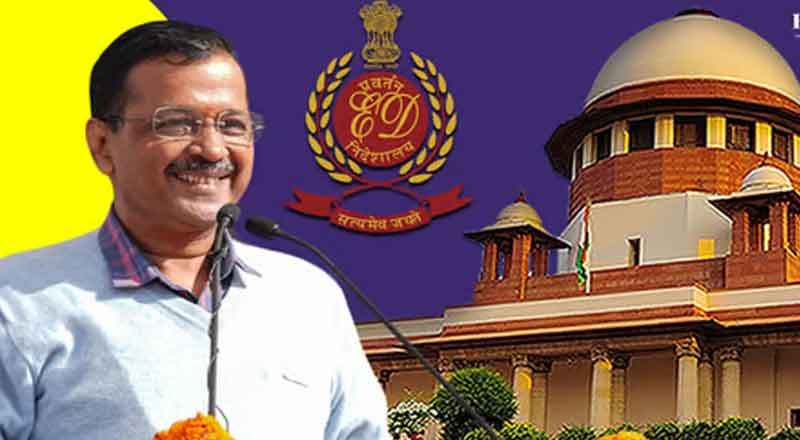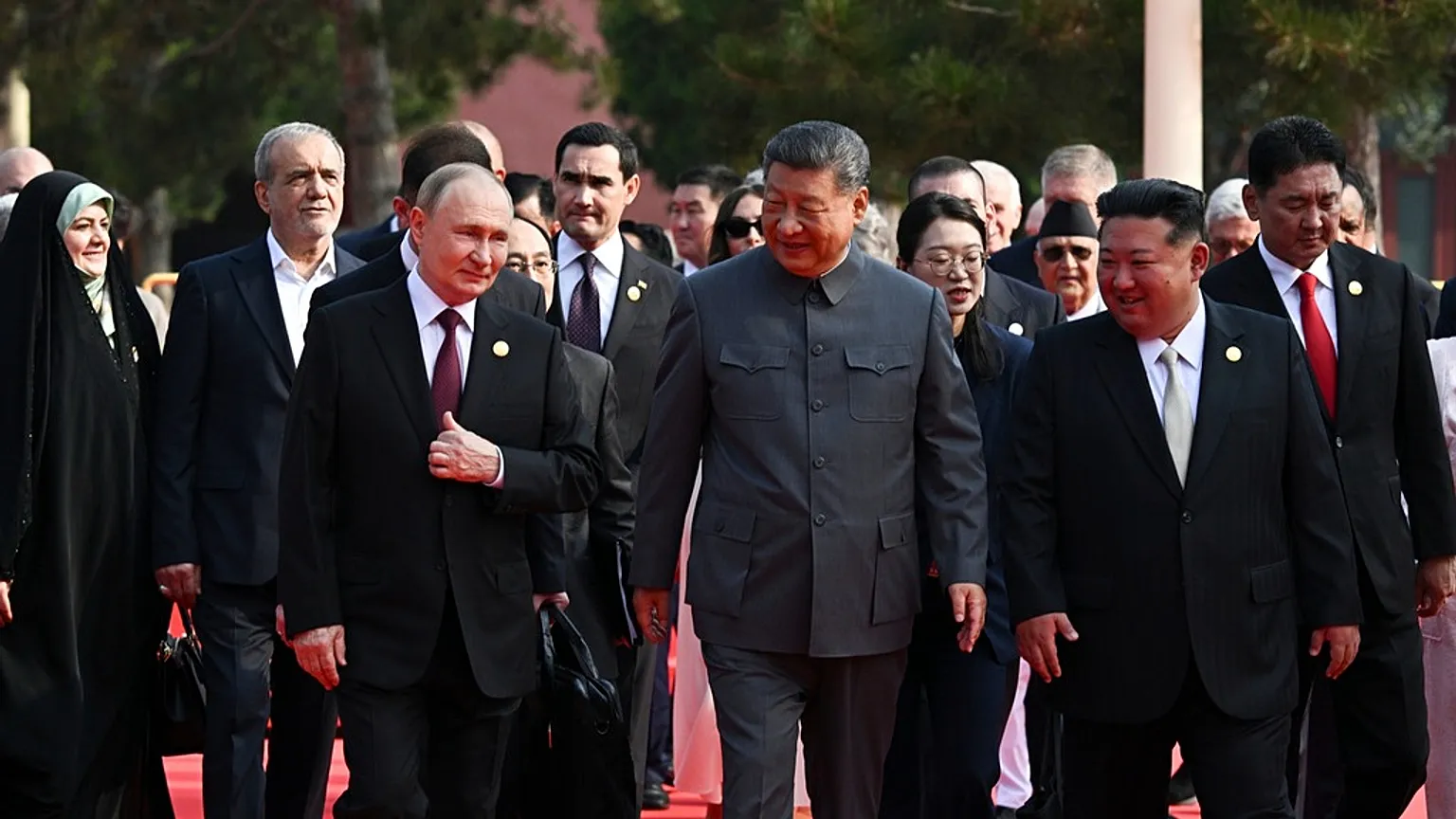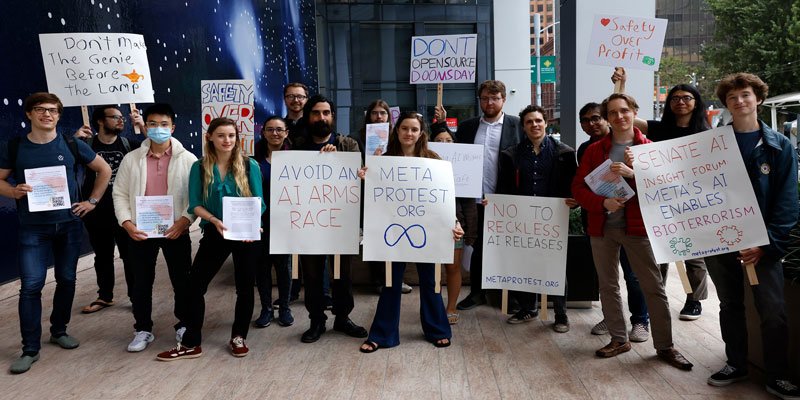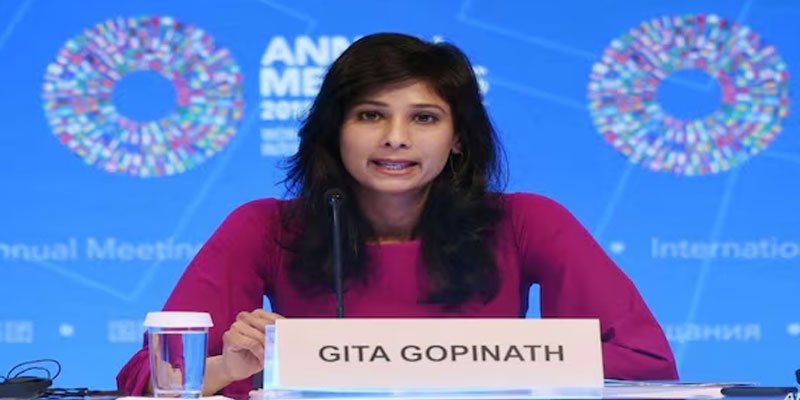
Supreme Court Queries ED: Key Points in Arvind Kejriwal's Arrest Case
Timing of Arrest Questioned:
The Supreme Court questioned the Enforcement Directorate (ED) about the timing of Delhi Chief Minister Arvind Kejriwal's arrest, especially just before the general elections commenced. This raised concerns about potential political motivations behind the timing of the arrest.
Justice Sanjeev Khanna emphasized the paramount importance of life and liberty, highlighting the need for transparency and fairness in legal proceedings. The timing of Kejriwal's arrest, occurring shortly before a significant electoral event, prompted the court to seek clarification from the ED.
Kejriwal's Legal Challenge:
Arvind Kejriwal challenged his arrest in the Delhi liquor policy case, seeking clarity on the legal basis for his detention. The court's scrutiny of the circumstances surrounding Kejriwal's arrest underscores the importance of upholding individual rights and ensuring fair legal proceedings.
The bench of Justices Sanjiv Khanna and Dipankar Datta posed probing questions to the Additional Solicitor General representing the ED, signalling a rigorous examination of the case.
Five Questions Posed by the Court:
The Supreme Court raised several pertinent questions, putting the ED in a challenging position and demanding clarity on various aspects of the case.
- Firstly, the court questioned why the arrest was made just before the commencement of the Lok Sabha polls, hinting at potential political interference.
- Secondly, the interpretation of Section 19 of the Prevention of Money Laundering Act (PMLA) in Kejriwal's case was queried, raising issues of legal procedure and due process.
- Thirdly, the court sought clarification on the implications of the Manish Sisodia case findings and its relevance to Kejriwal's situation.
- Additionally, the court demanded evidence demonstrating Kejriwal's involvement in the alleged Delhi Excise Policy case, highlighting the necessity for substantive grounds for arrest.
- Finally, the significant gap between the initiation of legal proceedings and Kejriwal's subsequent arrest was questioned, prompting the ED to provide an explanation for the delay.
Kejriwal's Legal Battles:
Arvind Kejriwal has been incarcerated for almost a month, unable to secure bail despite multiple legal attempts. His prolonged detention underscores the gravity of the situation and the challenges he faces in navigating the legal system.
The ED's arrest of Kejriwal on March 21 in connection with the alleged Delhi Excise Policy case has triggered a series of legal battles, reflecting the complexities and controversies surrounding the case.
ED's Deadline to Respond:
The Enforcement Directorate has until May 3 to address the Supreme Court's queries regarding Kejriwal's arrest. This deadline underscores the urgency of the matter and the court's commitment to ensuring a fair and transparent legal process.
The court's meticulous scrutiny of the case highlights its dedication to upholding justice and safeguarding individual rights, setting a precedent for accountability and transparency in legal proceedings.
(With inputs from agencies)











